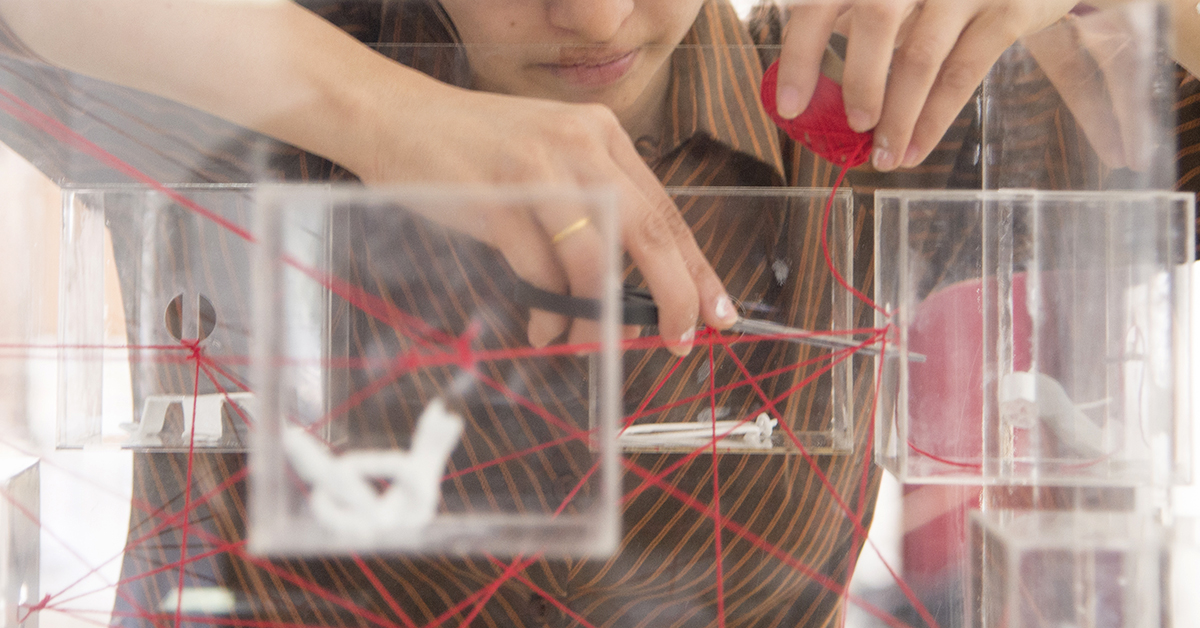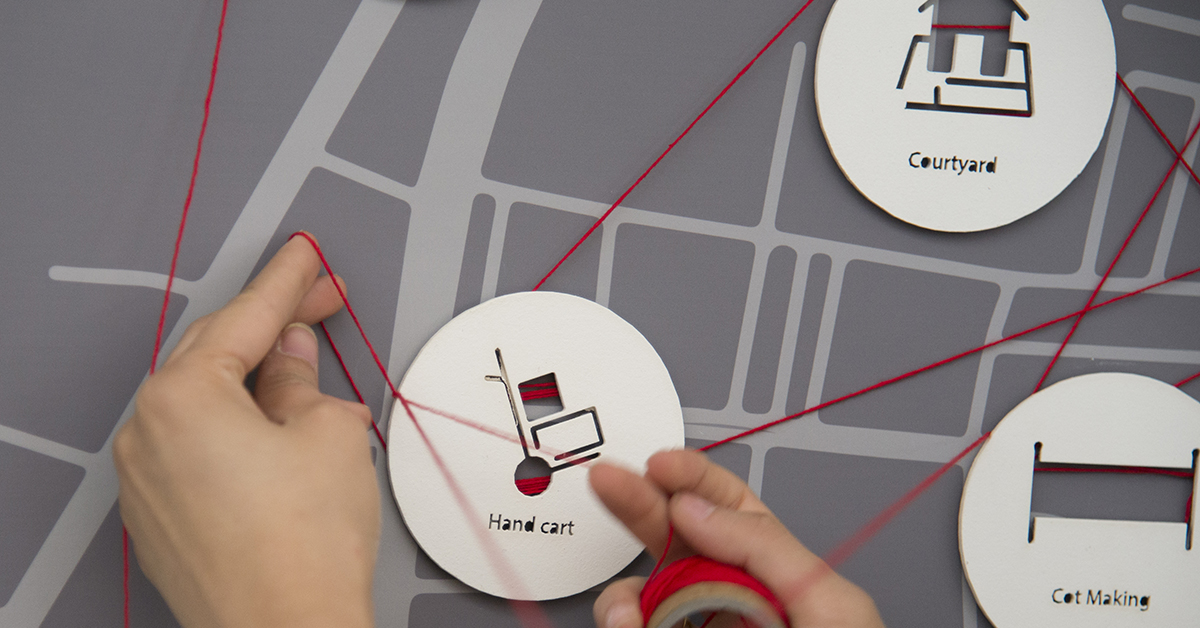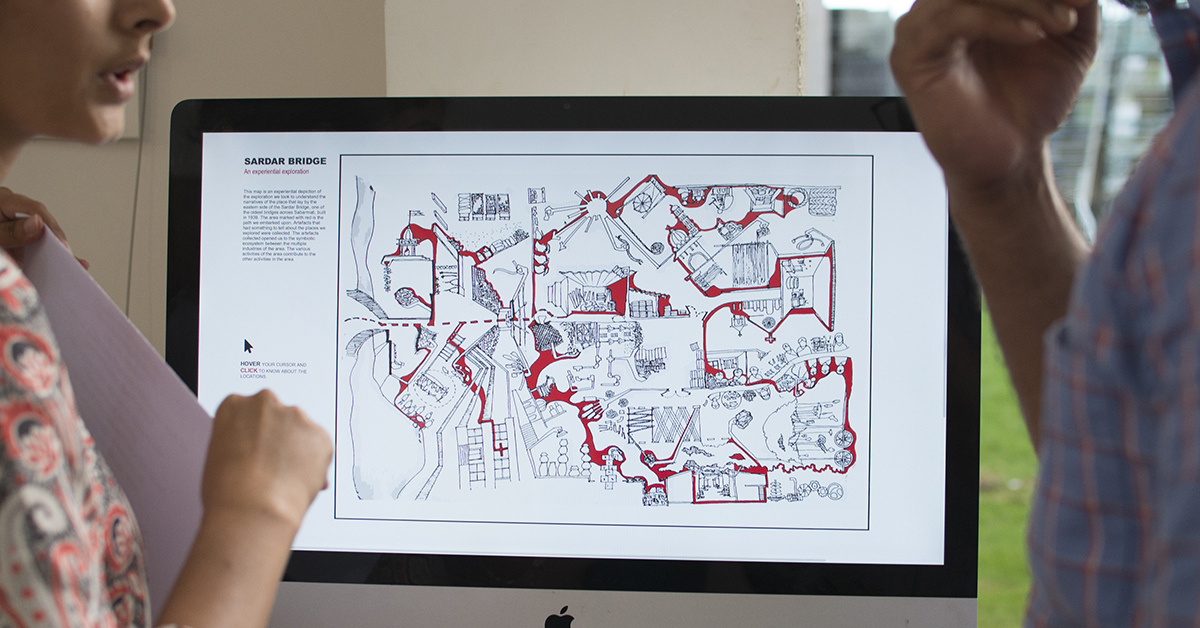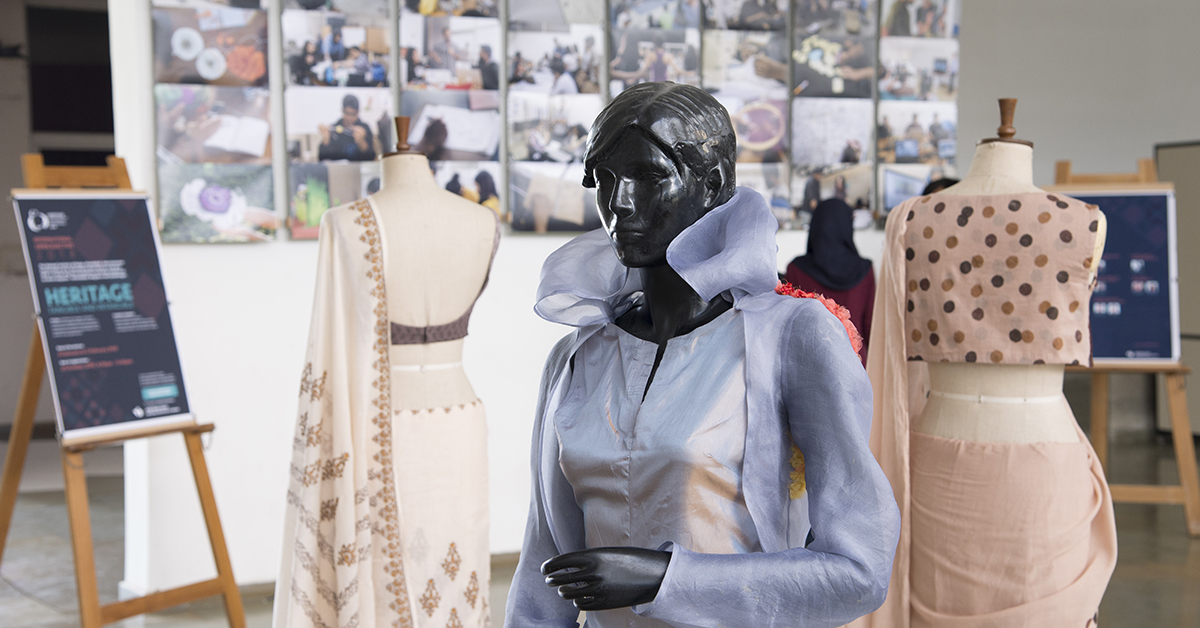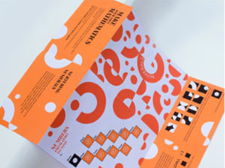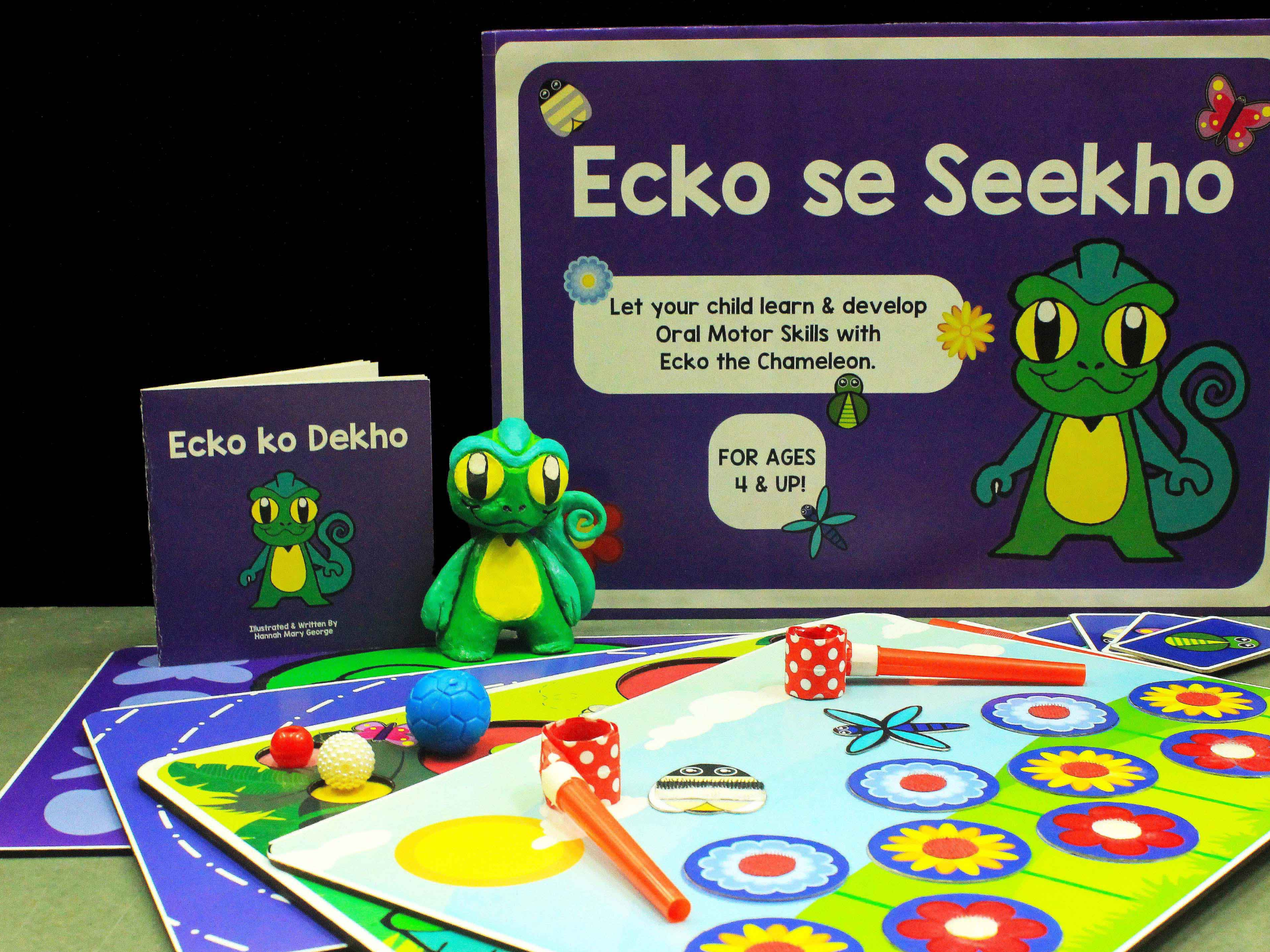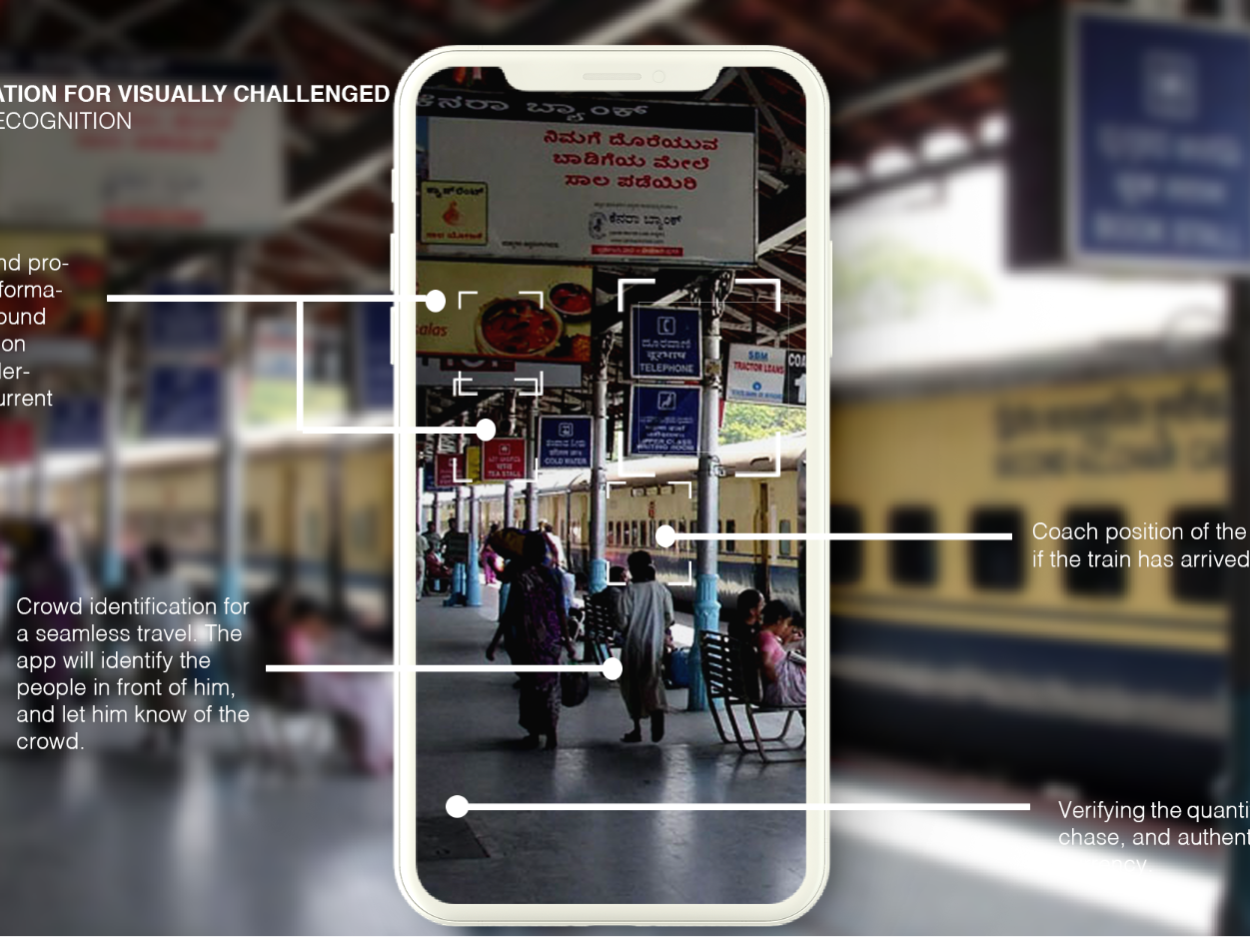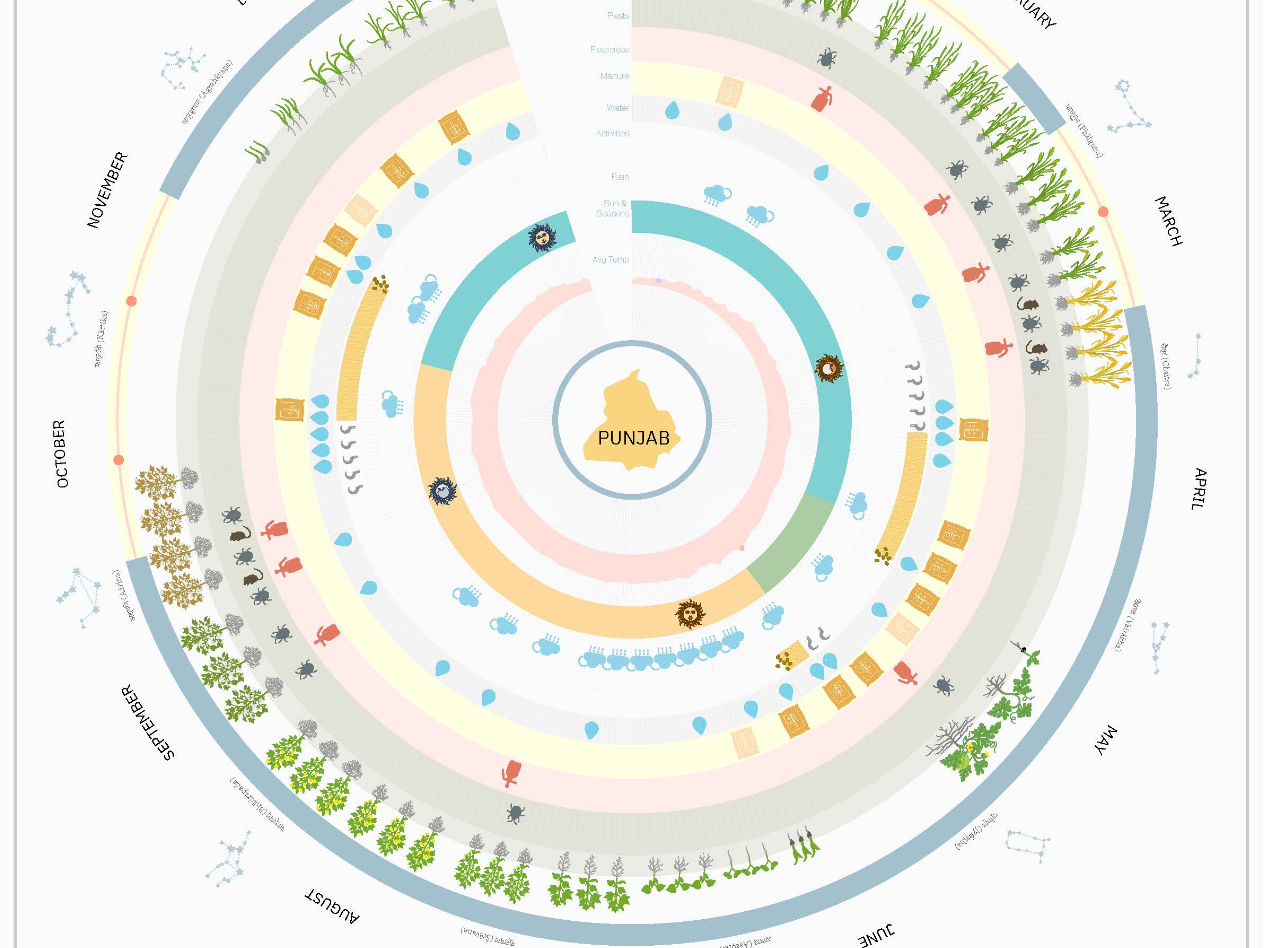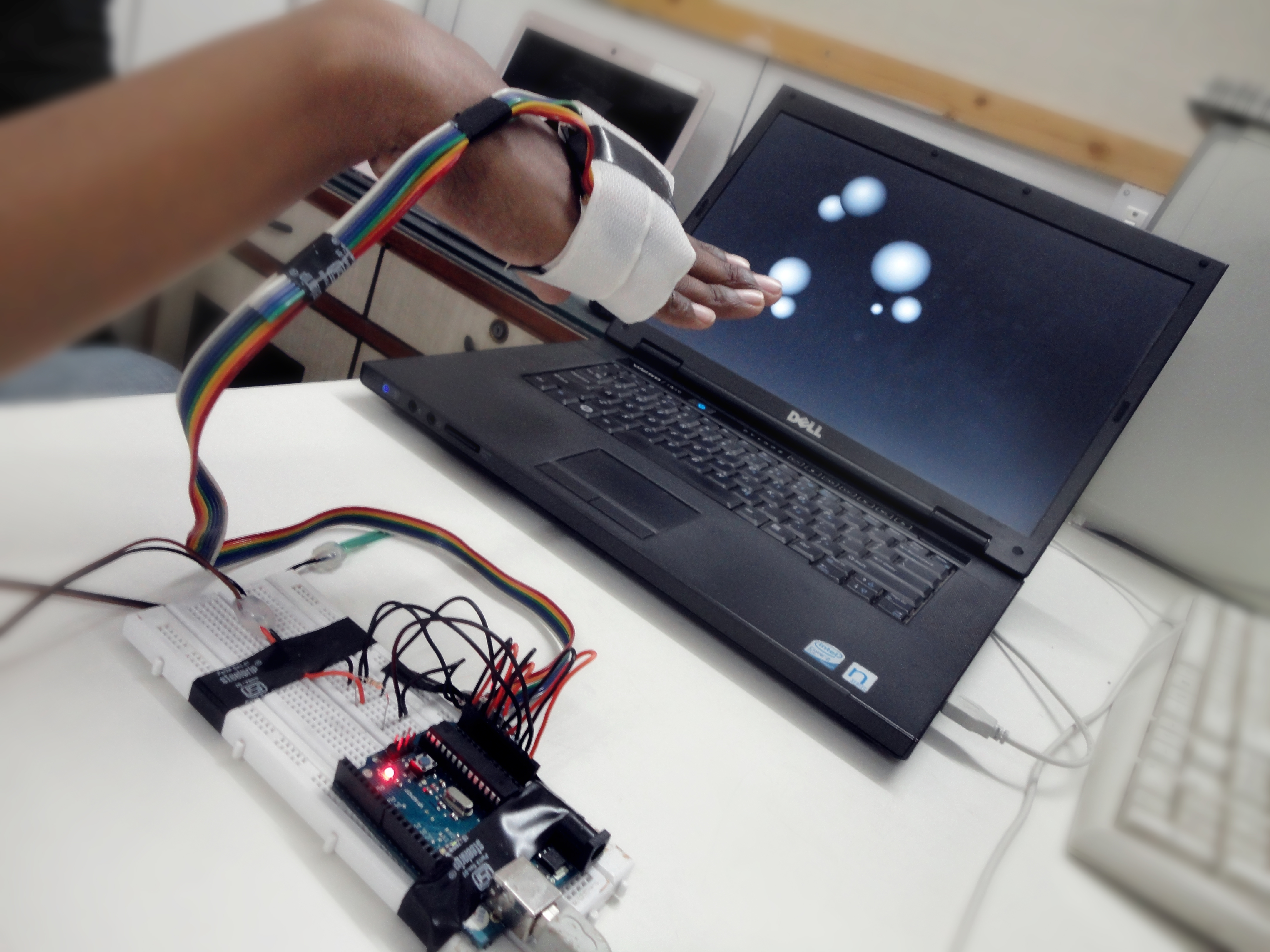This 2.5 year programme is offered in 19 discipline across all 3 campuses in the following areas of specialization: Faculty of Communication Design, Faculty of Industrial Design, Faculty of Interdisciplinary Design, Faculty of IT Integrated Design and Faculty of Textile, Apparel, Lifestyle and Accessory Design.
Read MoreDisciplines
The two-and-a-half year long Master of Design (M.Des.) programme at NID is offered at its campuses in Ahmedabad, Bengaluru and Gandhinagar in the following areas of specialisation:
Communication Design
4 Disciplines
Industrial Design
6 Disciplines
Interdisciplinary Design
2 Disciplines
IT Integrated
4 Disciplines
Textile, Apparel, Lifestyle & Accessory Design
3 Disciplines
Curriculum Objectives
The broader objectives of education programmes at NID, both at Undergraduate and Postgraduate stream are listed here. The education programmes under each discipline are designed to meet these objectives so that students are able to progress through their courses in an integrated manner.
The curriculum should generate the scope for opportunities to integrate experiential and explorative learning in order to understand and achieve a high degree of creative innovation and quality.
A flexible framework for student-centered learning, whereby courses and assignments are able to harness the potential each student has in terms of creative expression and multi-dimensional learning.
Each programme must provide the opportunity to identify, plan and achieve learning goals through an understanding of cultural, social and technological developments in the context of historical, contemporary and individual concerns.
The objective, learning value and standard for each course are predetermined, but the context and relevance is repositioned by the faculty depending on the changing realities of the design profession and the level of professional competence achieved and demonstrated by the each group of students.
To provide interdisciplinary and progressive knowledge of design but with a focused understanding of an area of specialisation suited to the professional design practice.
There should be ample opportunity to develop innovative and exploratory thinking, necessary technical skills and the ability to locate individual design approaches within the appropriate professional context.
To enable the students to develop a sense of social and professional commitments. They must learn to own the responsibility for their professional decisions.
The ability to develop critical, analytical, speculative and reflective problem-solving skills in an integrated manner. To understand the scenario cum user based and culture centric approach of design.
To provide thorough understanding of technical, managerial and design fundamentals along with a strong exposure to real life situations so that they are able to experience how the intellectual, creative and other skills acquired could be adopted to benefit the user, society and industry.
How to Apply
Admission to all programmes at NID is on the basis of the candidates' performance in two stages of the Design Aptitude Test (DAT). The objective of these exams is to assess the knowledge, skills and behavioural qualities of candidates. Please access admissions.nid.edu to apply online."
Apply Now
